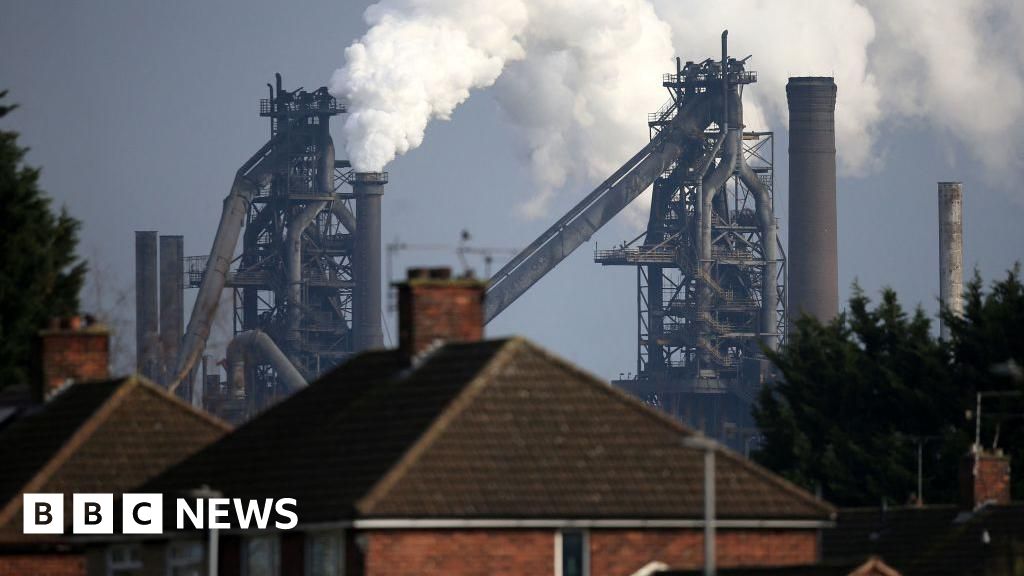
The Shadow of Closure: Britain’s Steel Industry at a Crossroads
The future of British steel hangs precariously in the balance. The nation’s last remaining plant producing virgin steel – a vital cog in the UK’s industrial machinery – is teetering on the brink of collapse, prompting an urgent parliamentary debate and government intervention. The situation is dire, demanding immediate action to avert potentially devastating economic consequences.
The Scunthorpe steelworks, a behemoth of industry and a historical cornerstone of the region, is facing insurmountable financial challenges. While the exact reasons for its precarious position are multifaceted and complex, several key factors contribute to its current plight. Years of declining profitability, intensified global competition from countries with lower production costs and more lenient environmental regulations, have significantly hampered its ability to remain competitive. Fluctuating global steel prices, vulnerable to geopolitical events and market volatility, further exacerbate the problem, creating an unpredictable and unstable economic environment. Furthermore, the increasing cost of energy and raw materials, coupled with rising inflation, has put immense pressure on the plant’s operational costs, shrinking profit margins.
The ownership structure of the plant adds another layer of complexity. While the precise details of current ownership are subject to ongoing negotiations and potential shifts in control, the situation highlights the challenges inherent in navigating a complex web of shareholders and creditors. The lack of a clear, unified ownership structure has undoubtedly hampered efforts to address the plant’s financial woes strategically and efficiently. The uncertainty surrounding ownership naturally breeds hesitation among investors, hindering potential investment and restructuring initiatives.
The government’s intervention is critical. The potential closure of the Scunthorpe plant would have far-reaching consequences, affecting not only the thousands of employees directly employed at the plant but also the wider supply chain, comprising numerous smaller businesses reliant on the steelworks. The loss of such a significant industrial asset would represent a severe blow to the UK’s manufacturing sector and could trigger a domino effect throughout the economy. The government’s proposed takeover is a last-ditch effort to prevent such a catastrophic scenario, buying time to explore various solutions.
The emergency debate in Parliament underscores the gravity of the situation and the urgency for action. Lawmakers are tasked with devising a strategy that not only secures the plant’s immediate future but also lays the groundwork for its long-term sustainability. This will require a multifaceted approach, possibly including restructuring the company, securing financial assistance from government and private investors, and exploring strategic partnerships to ensure long-term viability. Ultimately, the success of the government’s intervention will hinge on several factors, including the plant’s ability to adapt to the changing global market, secure new contracts, and enhance its efficiency and competitiveness.
The future of British steel remains uncertain. The Scunthorpe steelworks stands as a symbol of the challenges facing heavy industry in the UK. The outcome of the government’s intervention and the parliamentary debate will determine not only the fate of the plant and its workers but also the future direction of British manufacturing, highlighting the vital need for a cohesive national strategy to support and safeguard this crucial sector of the economy. The coming weeks and months will be critical in shaping the narrative of British steel for years to come.



Leave a Reply